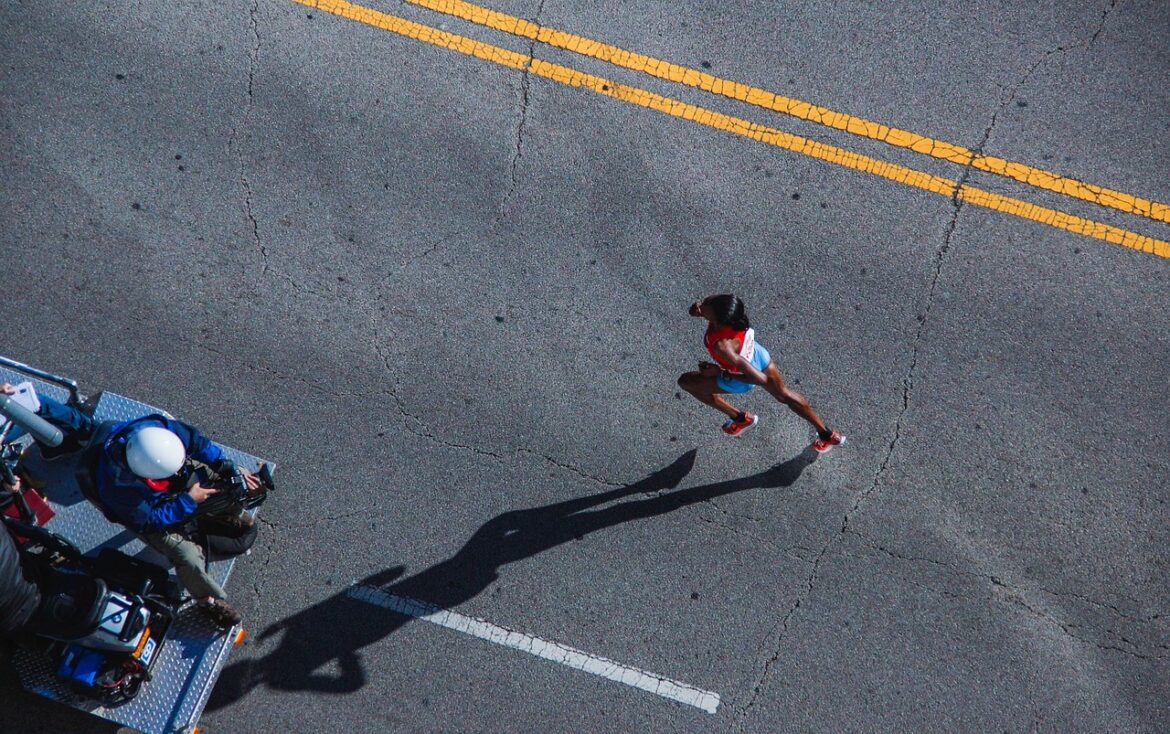When San Diego Wave FC goalkeeper Kailen Sheridan steps onto the field for a mental health awareness event next month, she won’t just be representing her team—she’ll be honoring a fallen teammate’s legacy. Across the country, college athletes are now required to take suicide prevention courses, while Division III baseball players dedicate entire doubleheaders to mental health advocacy. These stories reveal how sports culture is finally tackling its silent crisis head-on.
Wave FC’s Tribute to Katie Meyer On May 9, the Wave FC hosts a free community event with Katie’s Save, a nonprofit founded after Stanford soccer goalkeeper Katie Meyer’s 2022 suicide. Defender Kennedy Wesley, who played alongside Meyer, will join a panel discussing how athletes can “normalize the uncomfortable” in mental health conversations. The event targets students as young as 13, emphasizing early intervention and peer support networks.
NCAA Mandates Crisis Training At the University of Washington, volleyball player Elise Hani recently completed a mandatory suicide prevention course requiring athletes to ask teammates direct questions like, “Are you thinking about killing yourself?” Developed in response to NCAA guidelines, the program trains athletes to recognize warning signs they’re uniquely positioned to spot in locker rooms and dorms.
St. Joe’s Scores With Awareness Games St. Joseph’s University in Brooklyn partnered with Morgan’s Message—a nonprofit honoring Duke lacrosse player Morgan Rodgers’ 2019 suicide—for mental health-themed baseball games. Athletic Director Bridget Valentine plans to expand these events across all sports seasons, distributing resources to combat what she calls the “silent killer” in athletics.
The Data Behind the Movement A 2024 UW study found college athletes increasingly face “performance expectations, injuries, and social media scrutiny”—factors linked to rising suicide rates. Meanwhile, the NCAA now requires schools to provide mental health resources, reflecting a cultural shift from “tough it out” to “speak up.”
What’s Next? From influencer-led fitness apps to wearable mood trackers (ACSM’s #1 2025 trend), technology is amplifying these efforts. But as Kennedy Wesley notes, lasting change comes from “showing teammates it’s OK to not be OK”—whether through a text check-in or dedicating a game to awareness.
References:
- https://theflucobeat.com/sports/2025/04/16/playing-for-your-mind-how-sports-influence-mental-health/
- https://redwoodbark.org/99116/opinion/injury-recovery-is-leaving-athletes-mental-health-benched/
- https://acsm.org/top-fitness-trends-2025/
- https://behavioralhealthnews.org
- https://sandiegowavefc.com/san-diego-wave-fc-partner-with-katies-save-for-mental-health-event-on-may-9/
- https://brooklyneagle.com/articles/2025/04/21/for-st-josephs-university-this-is-a-big-win/
- https://ivypanda.com/essays/words/400-words-essay-examples/
- https://newsroom.uw.edu/news-releases/uw-rolls-out-suicide-prevention-training-to-student-athletes



